Exotic Pet Care During Summer (Tips & Advice)
Summer heat can be hard on any pet, but exotics and pocket pets are at particular risk in high temps and sweltering humidity. To keep your unique pets healthy and safe from heat during the summer, it’s important to adjust your exotic pet care routine. Understanding the specific needs and husbandry techniques for your exotic pet is crucial to prevent heat stress and heat stroke. Small mammals and rodents, birds, and reptiles all require different considerations during the summer months. It’s important to be vigilant for signs of heatstroke and dehydration in your exotic pets.
Key Takeaways:
- Adjust your exotic pet care routine to protect against heat stress and heat stroke during the summer
- Small mammals and rodents, birds, and reptiles have different needs in hot weather, so tailor your care accordingly
- Watch out for signs of heatstroke and dehydration in your exotic pets, and promptly seek veterinary assistance if needed
- Provide shade, fresh water, and proper ventilation to all exotic pets during summer
- Regular grooming and hydration are important for exotic pet health during summer
Small Mammal and Rodent Care During Summer
When temperatures rise during the hot summer months, it’s important to take extra care of your small mammal pets, including rabbits, chinchillas, rats, and guinea pigs. These furry friends are more susceptible to heat stress and dehydration, and it’s crucial to provide them with a cool and comfortable environment.
“Small mammals, such as rabbits and guinea pigs, cannot tolerate temperatures above 75-80 degrees. It’s essential to provide them with a temperature-controlled area out of direct sunlight.”
To keep your small mammals cool and safe, here are some important tips to follow:
- Provide a temperature-controlled area: Create a designated space for your small mammals that is away from direct sunlight. Indoor rooms with air conditioning or fans are ideal for keeping them cool.
- Maintain proper ventilation: Keep the room well-ventilated to circulate fresh air. Use fans or open windows to ensure a comfortable airflow throughout the space.
- Offer fresh water daily: Small mammals need constant access to fresh and cool water. Make sure to change their water daily and consider using a water bottle or a dish that cannot be tipped over.
- Provide cooling treats: Offer fresh fruits, such as watermelon or cucumber, as a cooling and hydrating treat. These treats not only help cool down your small mammals but also provide them with additional hydration.

When it comes to outdoor cages, it’s crucial to place them in shaded areas to avoid direct exposure to the sun. Additionally, make sure to clean the cages daily to prevent the buildup of parasites and pests. Regular cleaning and maintenance are essential for your small mammal’s overall health and well-being.
Ideal Small Mammal Conditions during Summer
| Small Mammal | Temperature Range | Recommended Conditions |
|---|---|---|
| Rabbits | 60-70°F | Keep indoors or in a shaded outdoor enclosure, provide fresh water and cooling treats |
| Chinchillas | 65-70°F | Keep indoors with air conditioning or fans, offer fresh water and provide a dust bath for comfort |
| Rats | 65-75°F | Keep indoors or in a well-ventilated outdoor cage, provide fresh water and cooling accessories |
| Guinea Pigs | 65-75°F | Keep indoors with air conditioning or fans, provide fresh water and ample shade in outdoor enclosures |
By following these tips and providing the appropriate care, you can ensure the well-being of your small mammal pets during the hot summer months. Remember to always monitor their behavior and consult with a veterinarian if you notice any signs of heat stress or dehydration.
Bird and Reptile Care During Summer
Birds and reptiles are naturally more resilient to higher temperatures compared to other pets. However, it is still crucial to provide them with appropriate care to ensure their comfort and well-being during the summer months.
One important consideration for bird care in summer is providing adequate ventilation and shade in their housing. Birds should have access to a well-ventilated area that allows for proper air circulation. This helps prevent heat buildup and keeps them cool and comfortable. Ensure that their enclosures are positioned away from direct sunlight to avoid overheating.
Reptiles, on the other hand, require a habitat that mimics their natural environment. It is essential to provide them with a well-ventilated housing setup that allows for proper heat dissipation. Adequate airflow helps regulate their body temperature and prevent heat-related stress or illness. Ensure that the reptile enclosure has sufficient ventilation options, such as mesh covers or vents.
If you have outdoor patio areas or breezeways where your birds or reptiles are housed, it is crucial to bring them indoors when the temperatures exceed 85 degrees Fahrenheit. Extreme heat can be harmful to their health, and it is essential to provide them with a more controlled environment to prevent heat stress.
Pro Tip: When taking your birds or reptiles outside in a mobile cage or carrier, try to do so early in the morning when temperatures are cooler. This minimizes their exposure to direct sunlight and reduces the risk of overheating. Additionally, always supervise your pets when they are outside to ensure their safety.
Throughout the summer, it’s essential to keep an eye out for signs of heatstroke in birds and reptiles. Common symptoms include panting, rapid breathing, lethargy, and loss of appetite. If you notice any of these signs, it is crucial to contact a veterinary professional immediately for guidance and assistance.
Tips for Bird and Reptile Care During Summer
| Birds | Provide well-ventilated housing with shade | Bring indoors when temperatures exceed 85°F | Supervise outdoor activities |
|---|---|---|---|
| Reptiles | Ensure proper ventilation in housing | Provide shade and heat dissipating structures | Monitor enclosure temperature regularly |
By following these proactive measures, you can ensure a safe and comfortable summer for your beloved birds and reptiles. Remember, wildlife and exotic pet care experts can provide further advice and guidance tailored to your specific pet’s needs.
General Tips for Exotic Pet Care in Summer
When it comes to summer care for exotic pets, taking preventive measures to ensure their well-being is crucial. The hot weather can pose a risk of heatstroke and dehydration, especially for animals that are not accustomed to extreme temperatures. Here are some general tips to keep in mind:
- Provide plenty of shade: Create a cool and shaded area for your exotic pets to retreat to during the hottest parts of the day. This will help them stay comfortable and avoid overheating.
- Offer fresh water: Hydration is key in the summer months. Make sure to provide your pets with fresh, clean water at all times. Check the water dish regularly to ensure it is filled and not contaminated.
- Ensure proper ventilation: Good airflow is essential for exotic pets. Make sure their living environment has adequate ventilation to reduce the risk of heat buildup.
Preventing heatstroke and dehydration in exotics is of utmost importance. Be vigilant and keep an eye out for symptoms such as:
- Listlessness
- Panting
- Rapid breathing
- Decreased droppings
If you notice any signs of heat stress, it’s crucial to take immediate action. Move your pet to a cooler area, offer them water, and contact a veterinarian for guidance.
To underline the importance of summer safety for exotic pets, here is a quote from Dr. Emily Turner, an experienced exotic veterinarian:
“Exotic pets have unique needs, and it’s essential to be mindful of these requirements, especially in the summer. Heatstroke and dehydration are serious risks that should not be underestimated. By providing adequate shade, fresh water, and ventilation, you can help prevent these issues and keep your exotic pets safe and healthy.”
Remember, each species of exotic pet may have specific requirements, so it’s crucial to consult with a veterinarian who specializes in exotic pet care. They can provide personalized advice and ensure your pet’s well-being throughout the summer months.
Now let’s take a look at a table summarizing the general tips for exotic pet care in summer:
| General Tips for Exotic Pet Care in Summer |
|---|
| Provide plenty of shade |
| Offer fresh water |
| Ensure proper ventilation |
Following these guidelines will contribute to the overall well-being and summer safety of your exotic pets. Keep them cool, hydrated, and comfortable, and enjoy the sunny season together!

Conclusion
Exotic pet care during summer is crucial to ensure the health and well-being of your unique pets. By making small adjustments to their care routine, providing appropriate shelter and fresh water, and monitoring for signs of heat-related illness, you can keep your exotic pets safe and comfortable in hot weather.
Regular grooming is an essential part of exotic pet care during summer. This not only helps to keep your pets clean and comfortable, but it also helps to prevent heat-related issues like overheating and skin infections. Additionally, proper hydration is vital for exotic pets, especially during the summer months. Make sure they have access to fresh, clean water at all times and consider offering moisture-rich foods to help keep them well-hydrated.
Consulting with a veterinarian is crucial for personalized advice and guidance on how to care for your specific exotic pet during summer. Remember to educate yourself about your pet’s specific needs and stay informed about any potential health risks associated with hot weather. By following these tips and guidelines, you can enjoy the summer months with your exotic pet while keeping them healthy and happy.
Source Links
- https://www.7hillsvet.com/services/other/blog/exotic-pet-care-summer-safety-tips
- https://www.pethealthnetwork.com/all-pet-health/bird-health-care/warm-weather-tips-exotic-pets
- https://www.rspca.org.uk/adviceandwelfare/seasonal/summer
Peter Stones is the founder of Exotic Pets Place, the leading online resource for exotic pet care information.
With over 10 years of hands-on exotic pet ownership experience, he is deeply passionate about sharing his expertise to help others properly care for their unusual pets.
When he's not writing extensively researched articles or connecting with fellow exotic pet enthusiasts worldwide, you can find Peter at home tending to his own beloved menagerie of exotic animals.

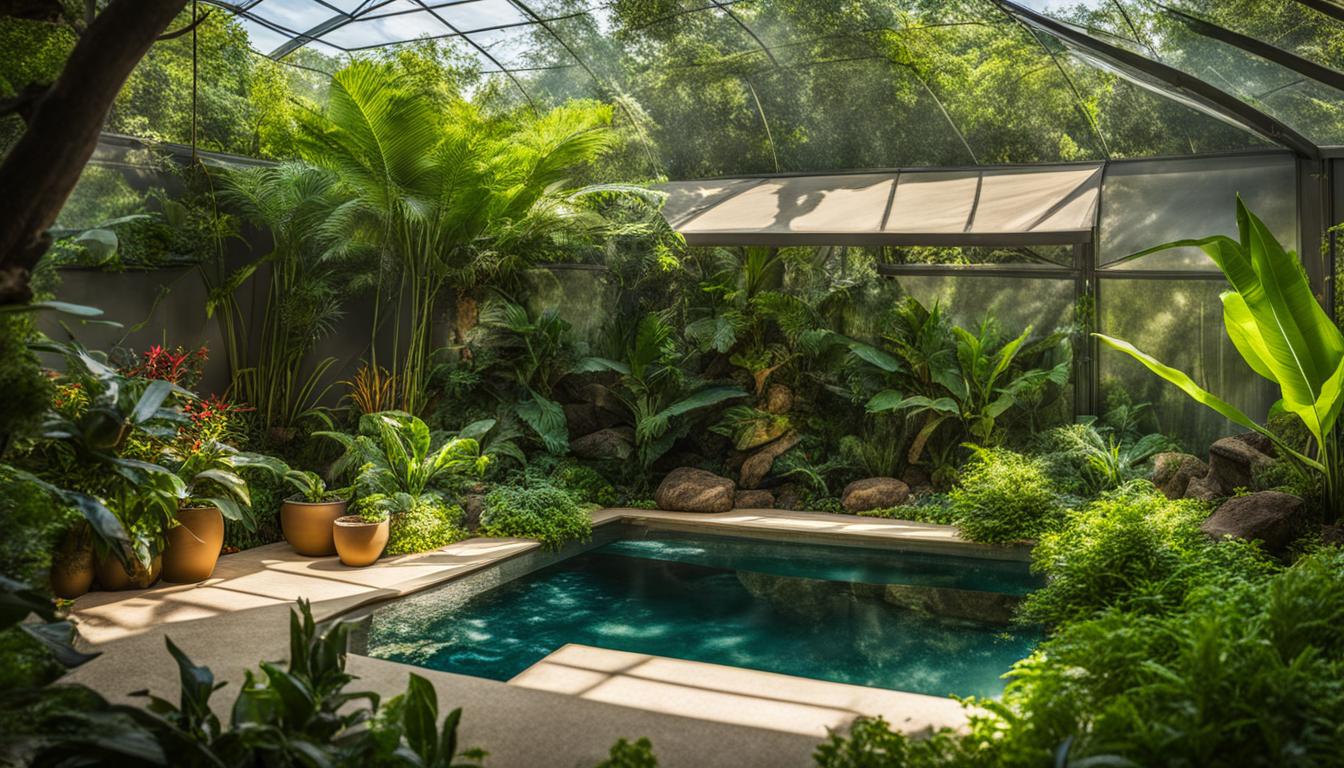

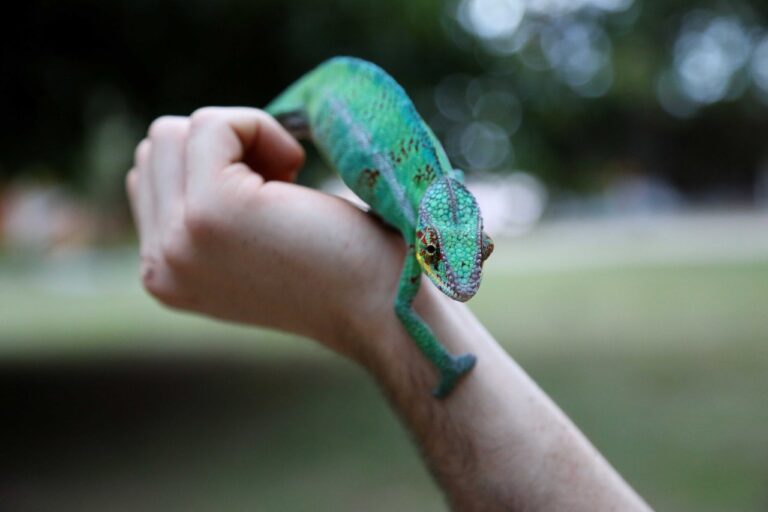
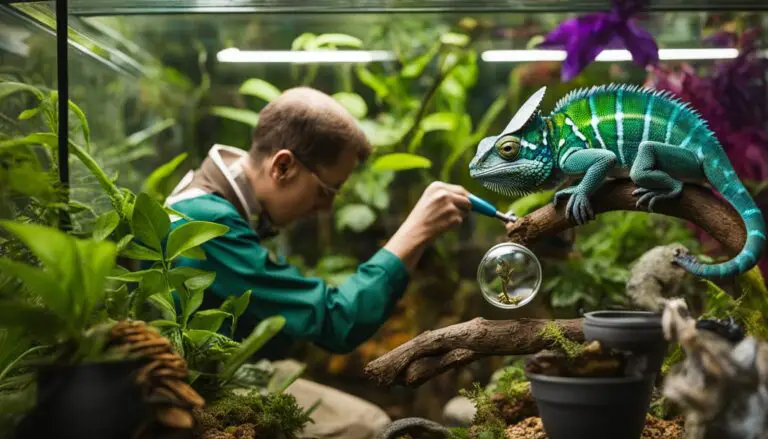
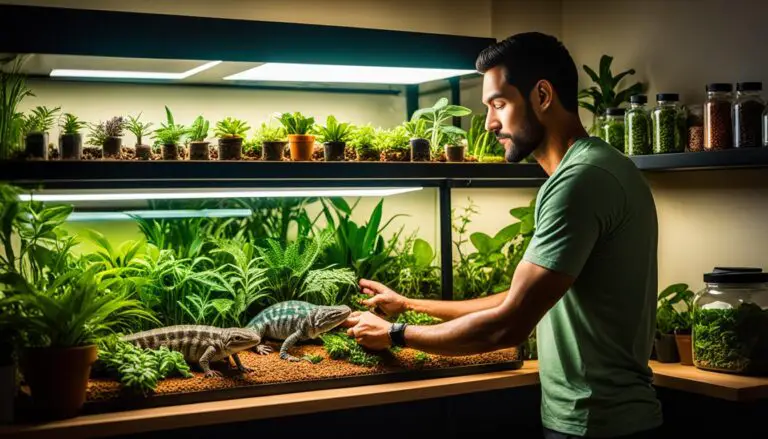
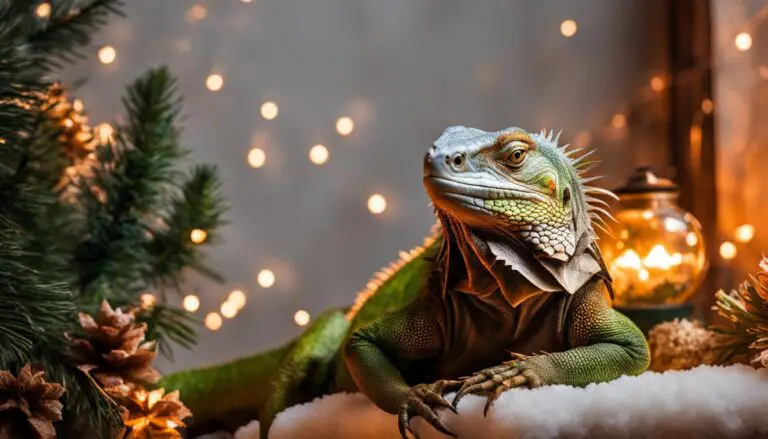
![How to Handle Your Exotic Pet During Extreme Weather [Vital Tips], a thunderstorm near a beach](https://exoticpetsplace.com/wp-content/uploads/2023/06/How-to-Handle-Your-Exotic-Pet-During-Extreme-Weather-Vital-Tips-a-thunderstorm-near-a-beach-768x576.jpg)